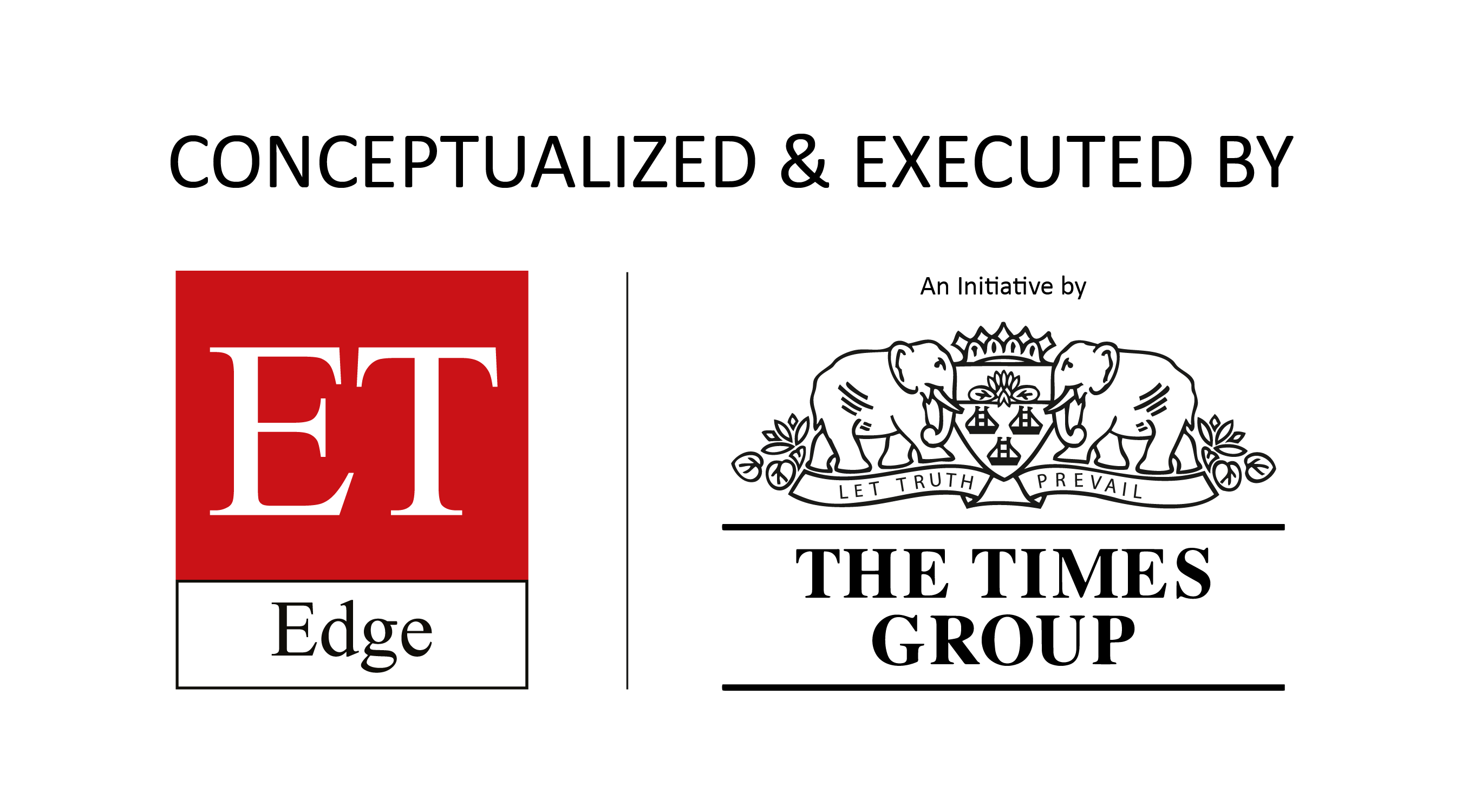1-hour
Workshop

Training Modules
Objectives:
- Understand the fundamentals of risk management in supply chains.
- Identify various types of supply chain risks (operational, financial, geopolitical, etc.).
- Develop strategies for risk assessment, mitigation, and crisis management.
Key Points:
- Risk Identification and Analysis: Tools and techniques for identifying and analyzing risks in the supply chain.
- Mitigation Strategies: Creating robust plans to minimize the impact of risks.
- Crisis Management: Effective response mechanisms for unforeseen events.
Objectives:
- Grasp the basic principles of blockchain technology and its relevance to supply chains.
- Explore use cases of blockchain in enhancing transparency and traceability.
- Understand the implementation challenges and potential ROI of blockchain applications.
Key Points:
- Blockchain Basics: Understanding how blockchain works and its implications for supply chains.
- Case Studies: Real-world examples of blockchain implementation.
- Overcoming Challenges: Addressing common hurdles in adopting blockchain technology.
Objectives:
- Understand the concept of multi-tier collaboration and its strategic importance in globalized supply chains.
- Learn how to achieve visibility and collaboration across all tiers of suppliers, from direct to indirect.
- Explore how multi-tier collaboration improves decision-making, increases visibility, and unlocks key benefits like efficiency, cost savings, innovation, and customer satisfaction.
Key Points:
- Fundamentals of Multi-Tier Collaboration: Understanding the relationships and dynamics between different supplier tiers (Tier 1, 2, 3, etc.).
- Achieving End-to-End Visibility: Strategies to gain insight into every level of the supply chain, and the importance of this visibility in risk management and opportunity identification.
- Decision Making and Disruption Management: How increased visibility and collaboration lead to better decision-making and faster response to disruptions.
- Realizing the Benefits: Exploring the various advantages of multi-tier collaboration, such as enhanced efficiency, cost-effectiveness, innovation, and improved customer satisfaction.
- Globalization and Strategic Advantage: Understanding how multi-tier supply chains are a response to globalization, and their role in providing a competitive edge by reducing costs, lowering capital assets, and accelerating market entry.
This module focuses on the practical aspects of implementing and benefiting from multi-tier collaboration in a globalized supply chain context.
Objectives:
- Understand the significance of eco-friendly practices in supply chains.
- Learn about sustainable and green practices that can be integrated into supply chains.
- Develop strategies to implement and promote eco-friendly practices.
Key Points:
- Green Logistics: Introduction to sustainable logistics practices.
- Reducing Emissions: Strategies for minimizing carbon footprint in supply chain operations.
Eco-friendly Certifications and Standards: Understanding and achieving sustainability certifications.
Objectives:
- Understand the basics and importance of supply chain finance in modern business.
- Learn about various supply chain finance tools and techniques that enhance liquidity and streamline operations.
- Explore the role of supply chain finance in improving relationships between buyers and suppliers and in overall supply chain optimization.
Key Points:
- Introduction to Supply Chain Finance: Definition and overview of how supply chain finance works, its purpose, and its benefits to businesses.
- Tools and Techniques: Detailed exploration of different supply chain finance solutions such as invoice financing, reverse factoring, dynamic discounting, and inventory financing.
- Improving Cash Flow and Reducing Costs: How supply chain finance helps businesses improve their cash flow and reduce operational costs.
- Strengthening Supplier Relationships: Discuss how timely financial support to suppliers can enhance business relationships and lead to more favorable terms and collaboration.
- Case Studies and Best Practices: Analysis of successful supply chain finance implementations, and learning from industry best practices.

Priorities, Processes, People

Key Topics Covered
Creating a Positive Candidate Journey
Integrating DEI principles into the recruitment process to attract a diverse talent pool
Ensuring an inclusive experience for all candidates throughout the hiring journey
Building a Talent Pipeline
Case Studies and Success Stories
Personalizing the Candidate Experience
Leveraging technology and data to streamline and enhance recruitment efforts.
Understanding the Modern Candidate Experience
Innovative Recruitment Strategies
Designing a Seamless Hiring Process
Format
Q&A sessions
the expert or professor to address specific challenges and inquiries from participants.
connect with peers and share best practices

